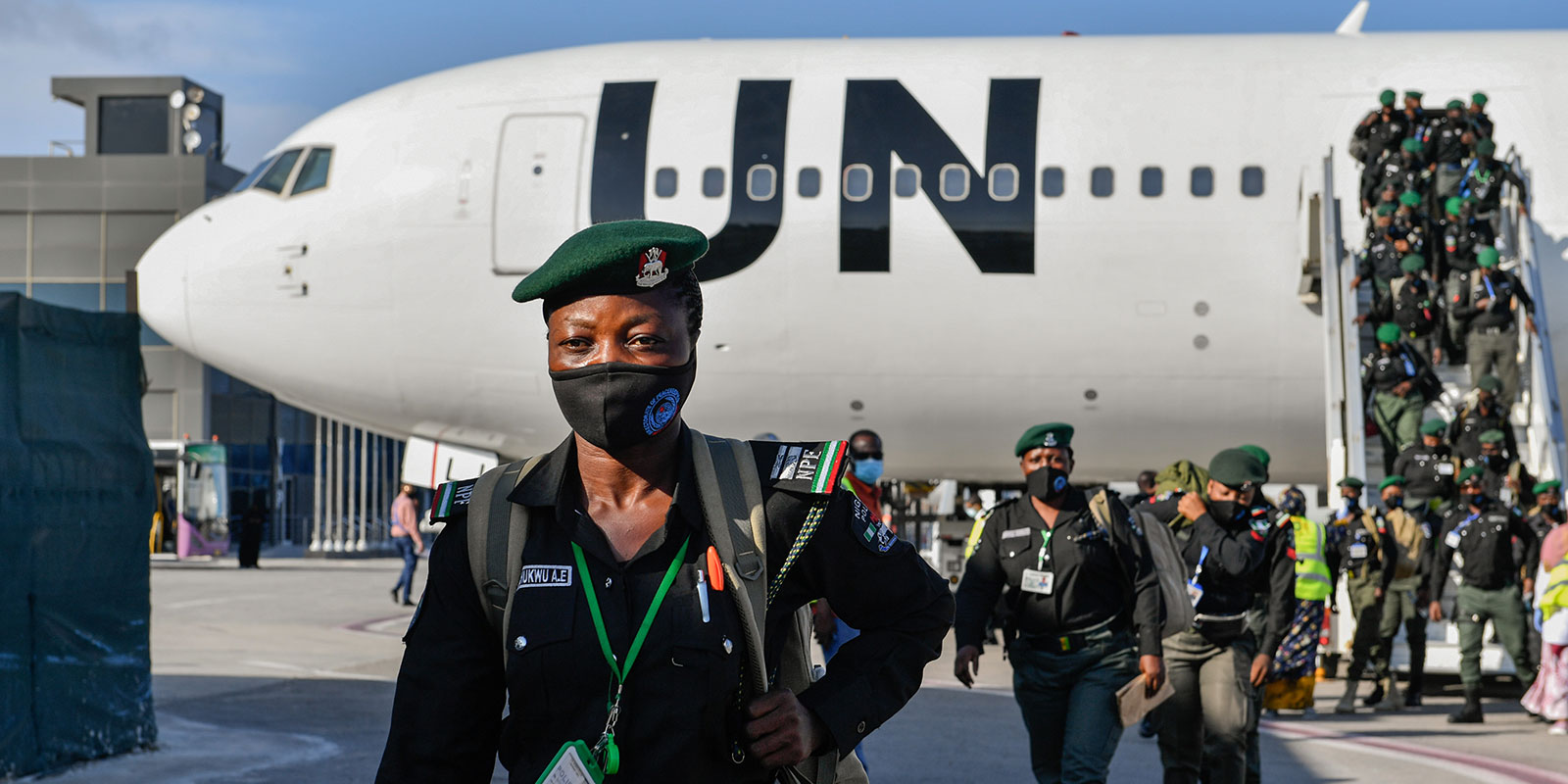Breakthrough agreement but hard work ahead
The agreement finalised on 27 May outlines implementation modalities for the 17 September Agreement. First, it guides how contentious issues that arose in the implementation of the 17 September Agreement will be addressed to move the country forward with the holding of elections. Second, it places renewed attention and emphasis on the key state-building priorities in Somalia, many of which had stalled due to the absence of dialogue and consensus between Somalia’s federal and regional levels. These priorities include a renewed focus on the completion of the Federal Constitution, as well as power- and resource-sharing arrangements; the development of Somalia’s security forces; national reconciliation; and progress towards the holding of one-person one-vote elections in the future. Third, and key to successful implementation moving forward, the agreement affirms that regular dialogue will be maintained between the federal and regional levels through a National Consultative Council, which will meet regularly to monitor and take decisions on the implementation of the agreement.
The agreement of 27 May represents a key breakthrough for #Somalia. It represents a return to dialogue and consensus-building after months of confrontation and rising tensions – SRSG James Swan @UNSomalia
Tweet
The signing of the agreement represents a return to dialogue and consensus-building after months of confrontation and rising tensions, and a prolonged period of insufficient communication between the federal and regional levels of the Somali state apparatus. It also comes at a key moment, when significant progress on security, development and economic reforms risked being halted, or worse, reversed. As such, the agreement of 27 May represents a key breakthrough, and allows Somalia to get back to business in progressing its national priorities.
The United Nations has welcomed this agreement and has strongly encouraged its signatories and all of Somalia’s political leaders to work towards its implementation with full commitment and in good faith. We have also commended the Somali leaders involved in the talks for their constructive approach that enabled this compromise to be reached. These talks have shown that contentious issues can be resolved through consensus and compromise, and that Somali-led and -owned processes must be prioritised as contentious issues arise. It is clear that challenges will arise as the implementation of the agreement moves forward in the weeks and months ahead. Regular consultations among key stakeholders will therefore need to be maintained if the agreement is to be implemented successfully, and national elections held without any further delay.
The UN stands ready to support the elections and state-building roadmap
The United Nations has worked closely with Federal Government and Federal Member State leaders in support of a return to dialogue. We remain firmly committed to advancing the work that has now been prioritised again in the statebuilding roadmap.
Of concern, however, is that the agreement is lacking in detail on how the minimum 30% women’s quota in both Houses of Parliament, will be implemented. The inclusion of women, youth and minority groups in decision-making at every level is essential for advancing inclusive politics, development and peace in Somalia. Although Somali leaders have reaffirmed their intention to fully implement their commitment in this regard, this will need to be translated into agreed measures for how this will now be achieved.
#Somalia now has a historic opportunity to overcome the challenges that have blocked progress for several years. This is an opportunity which must now be fully seized, and fully supported by all – SRSG James Swan @UNSomalia
Tweet
Somalia now has a historic opportunity to overcome the challenges that have blocked progress for several years, and which can lead to the holding of peaceful elections that would allow the country to get back to business in its key national priorities. This is an opportunity which must now be fully seized, and fully supported by all.
James Swan, Special Representative of the Secretary-General and Head of the United Nations Assistance Mission in Somalia (UNSOM)


